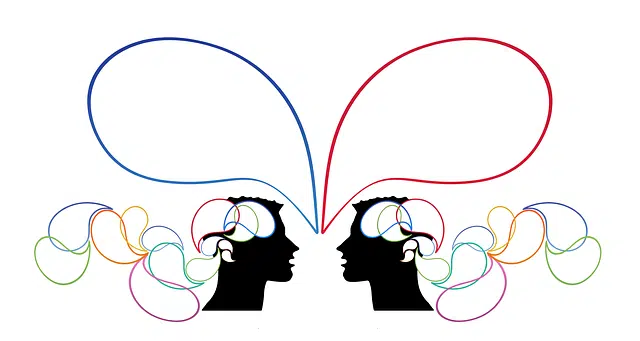
Verbal reasoning involves reasoning with verbal content.
Reasoning is the set of mental activities that consists of connecting ideas according to certain rules . In the case of verbal reasoning , it is the ability to reason with verbal content, establishing among them principles of classification, ordering, relationship and meanings.
Contrary to what may be assumed, verbal reasoning is an intellectual capacity that is usually poorly developed by most people. At school level, for example, subjects such as language focus on objectives such as spelling or grammar , but do not promote the learning of the expression methods necessary for students to make more complete use of the language .
Capacity assessments
Such is the importance of verbal reasoning that in various faculties around the world, exams or tests are carried out with which the student's ability in this subject can be assessed. Thus, these exercises usually consist of a first writing test and a second in which students must answer certain multiple-choice questions.
In this way, it is possible to check the abilities in terms of understanding texts, analyzing them, establishing arguments, establishing a critical vision and also drawing conclusions. And all this under the umbrella of an important and good writing capacity through a rich and varied language.
On the other hand, the rise of computers and video game consoles means that children tend to play individually (or with other children who are not physically with them), so there is no intensive use of language.
A third cause that can be mentioned to explain poor verbal reasoning is eating dinner in front of the television. In this way, family dialogue and the art of conversation are lost.

There are exercises to develop verbal reasoning.
How to develop verbal reasoning
Among the exercises recommended by specialists to develop verbal reasoning, there are verbal analogies, exercises to complete sentences, the ordering of sentences and games where certain concepts must be excluded from a group.
Other proposals involve children following certain instructions, correcting the inappropriate word in a phrase or looking for antonyms and synonyms of the same word.
In this sense, we can establish that the exercises that are most frequently decided to be carried out in class with the clear objective of ensuring that students can learn to enhance and improve their verbal reasoning are series and sequences of words, reading comprehension exercises, those that allow you to work with denotation and connotation, those that we have mentioned about synonyms and antonyms and those that restructure sentences.
There are even teachers who are committed to promoting this verbal reasoning through “games” such as proverbs, since through them they are able to enhance many of the hallmarks of the aforementioned reasoning.
In this way, your students will become individuals capable of reasoning about what surrounds them, having their own ideas about it and being able to defend them.
